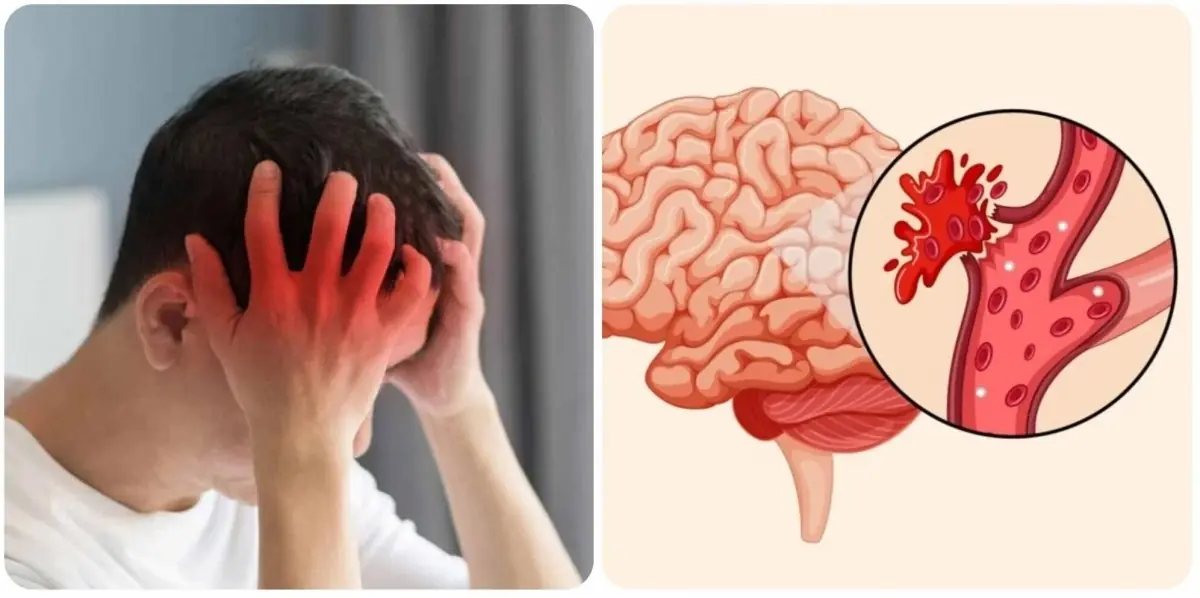
Silent Symptoms of Anemia You Should Never Ignore
Silent Symptoms of Anemia You Should Never Ignore
Anemia is a condition where your body doesn't have enough healthy red blood cells to deliver adequate oxygen to your tissues. While some symptoms are obvious, many are subtle and can be easily mistaken for stress, fatigue, or a hectic lifestyle. Left untreated, anemia can lead to serious health complications.
Here are 12 silent but important symptoms you should never ignore.

Physical Signs of Anemia
1. Constant Fatigue: Even after a full night's rest, you may feel chronically tired or drained. This happens because your body lacks oxygen-rich blood, forcing your muscles and brain to work harder with less fuel.
2. Pale or Yellowish Skin: Look closely at your face, inner eyelids, or fingernail beds. A pale or slightly yellow hue may indicate a lower red blood cell count.
3. Shortness of Breath: If climbing stairs or walking short distances leaves you breathless, it may be due to your body trying to compensate for an oxygen deficiency by increasing your breathing rate.
4. Dizziness or Lightheadedness: Feeling dizzy when you stand or move too quickly can signal low oxygen flow to the brain. In more severe cases, anemia can even cause fainting.
5. Cold Hands and Feet: When oxygen is limited, your body diverts blood to vital organs, leading to reduced circulation in your extremities.
6. Frequent Headaches: A lack of oxygen in your bloodstream can trigger recurring headaches or migraines as your blood vessels try to compensate.
7. Heart Palpitations: Your heart may beat faster or irregularly in an attempt to deliver more oxygen to your tissues.
8. Chest Pain: In more severe or long-standing cases, anemia can lead to chest discomfort, especially in people with pre-existing heart conditions.
9. Brittle Nails or Hair Loss: Anemia may divert nutrients away from non-essential areas like your hair and nails.
Lesser-Known Signs
10. Strange Cravings (Pica): If you find yourself craving non-food items like ice, dirt, or clay, it may be a sign of iron deficiency anemia.
11. Restless Legs Syndrome (RLS): People with anemia, particularly iron deficiency, may experience tingling or crawling sensations in their legs, especially at night.
12. Poor Appetite: Especially in children, a lack of interest in food can be an early and often overlooked sign of anemia.
When to See a Doctor
If you notice any of these symptoms—especially several at once—consult your doctor. Anemia can stem from a variety of causes, including:
-
Iron, B12, or folate deficiency
-
Chronic illness (e.g., kidney disease, cancer)
-
Heavy menstruation or internal bleeding
A simple blood test can identify low hemoglobin or iron levels. Treatment depends on the type and cause of the anemia. The most common form—iron deficiency anemia—is usually treated with iron-rich foods, supplements, and Vitamin C to enhance iron absorption.
Final Thoughts
Anemia often develops quietly and gradually, but its effects can disrupt your entire body. Paying attention to subtle signs like fatigue, pale skin, or cold feet may be the key to early detection and better health outcomes. Don't ignore your body’s silent alarms—early diagnosis and proper treatment can transform your energy, focus, and overall well-being.
News in the same category

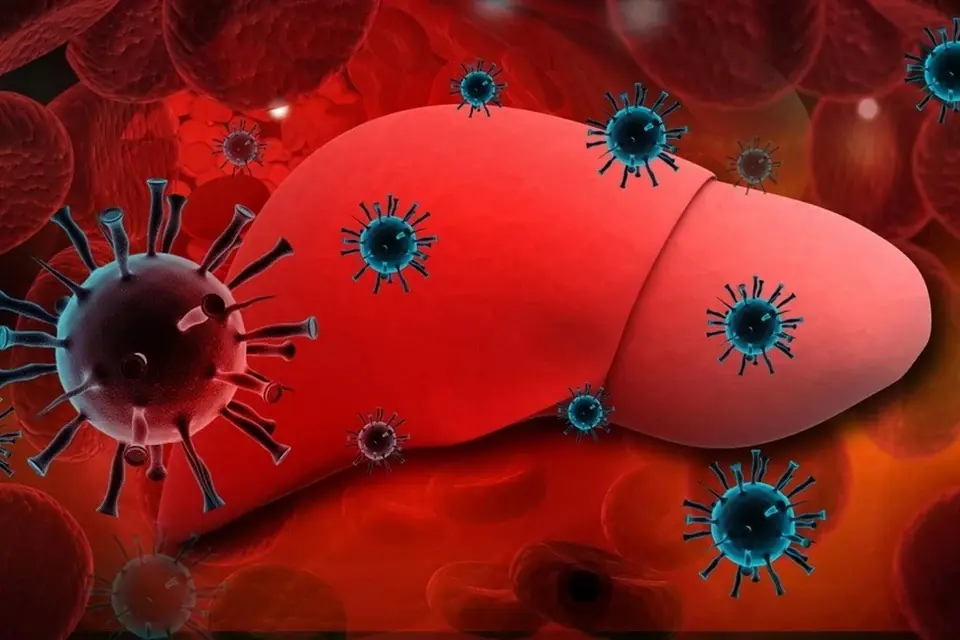
The Silent Disease That Easily Leads to Liver Cancer: Many People Have It but Remain Unaware
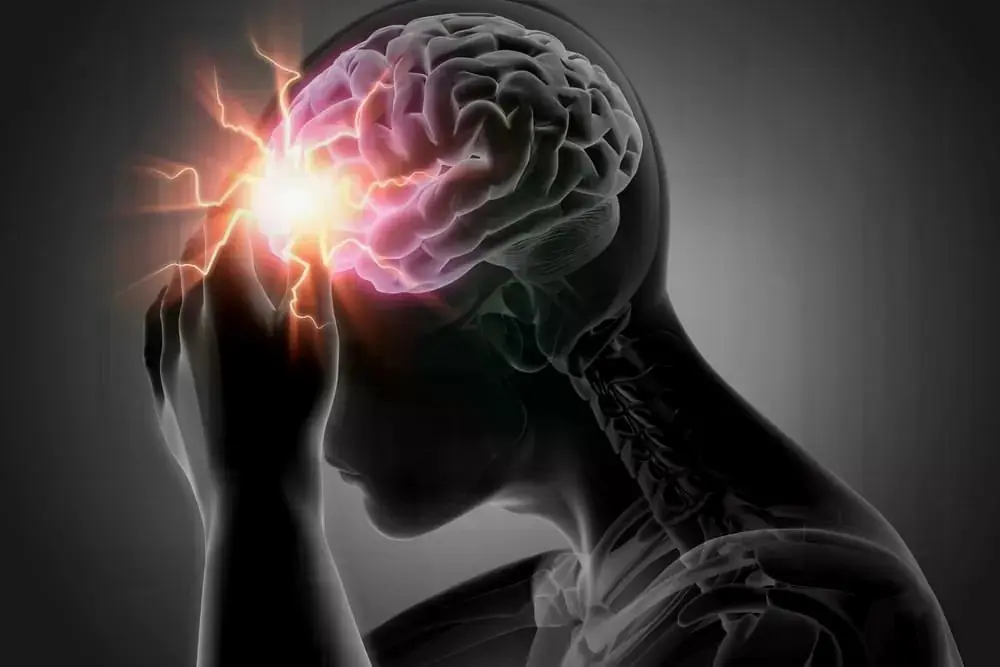
Is It Safe to Take a Cold Shower After Exercising in the Summer? What Doctors Say About Who Should Avoid It to Prevent Stroke

7 Things Not to Do Before Taking a Shower to Avoid Stroke – 2 Common Mistakes People Often Make

The Impressive Health Benefits of Guava Fruit and Leaves

Molasses 101: Types, Proven Benefits, Uses, and More

The Psychological Meaning of Leaving Dirty Dishes
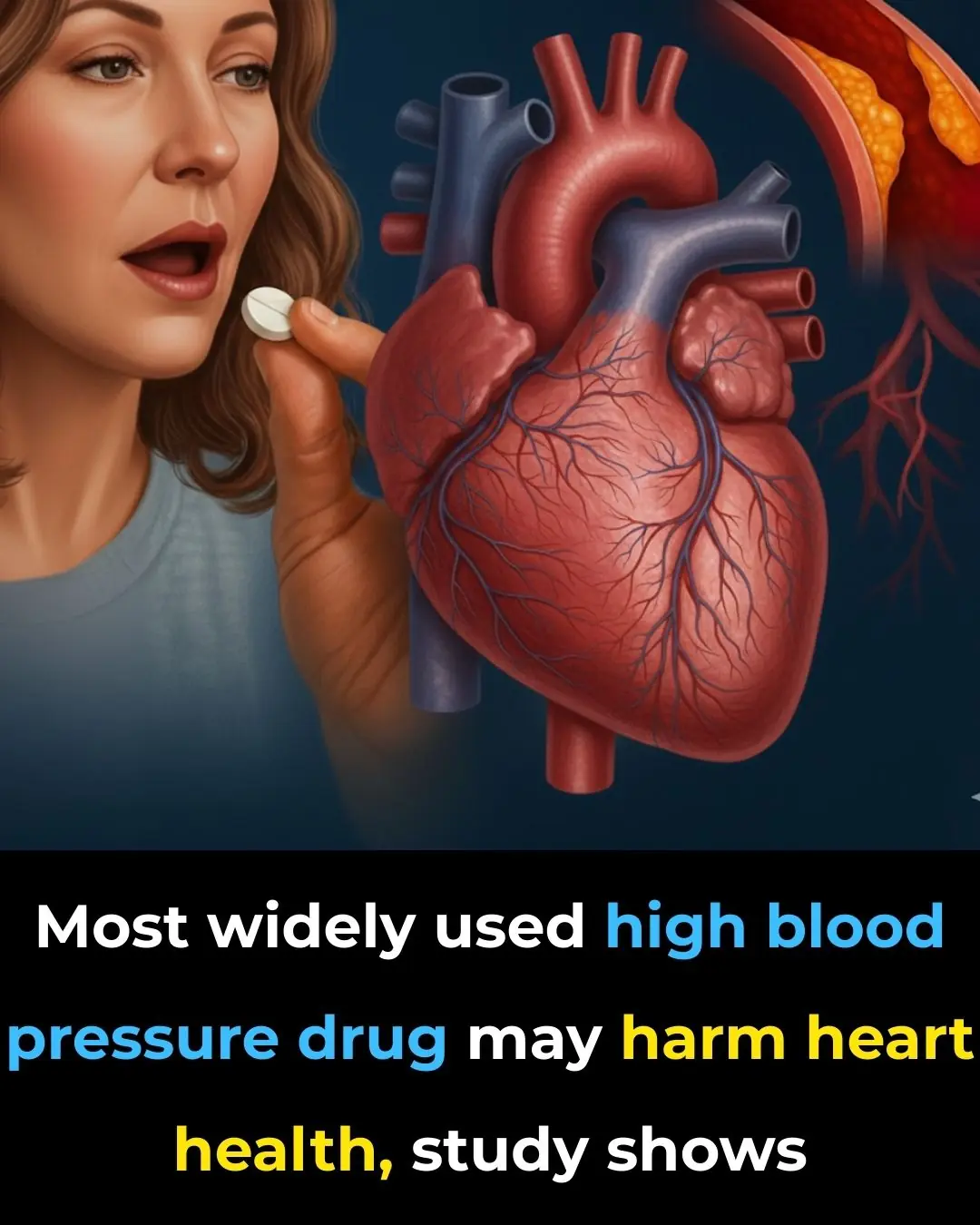
Most Widely Used High Blood Pressure Drug May Harm Heart Health, Study Shows
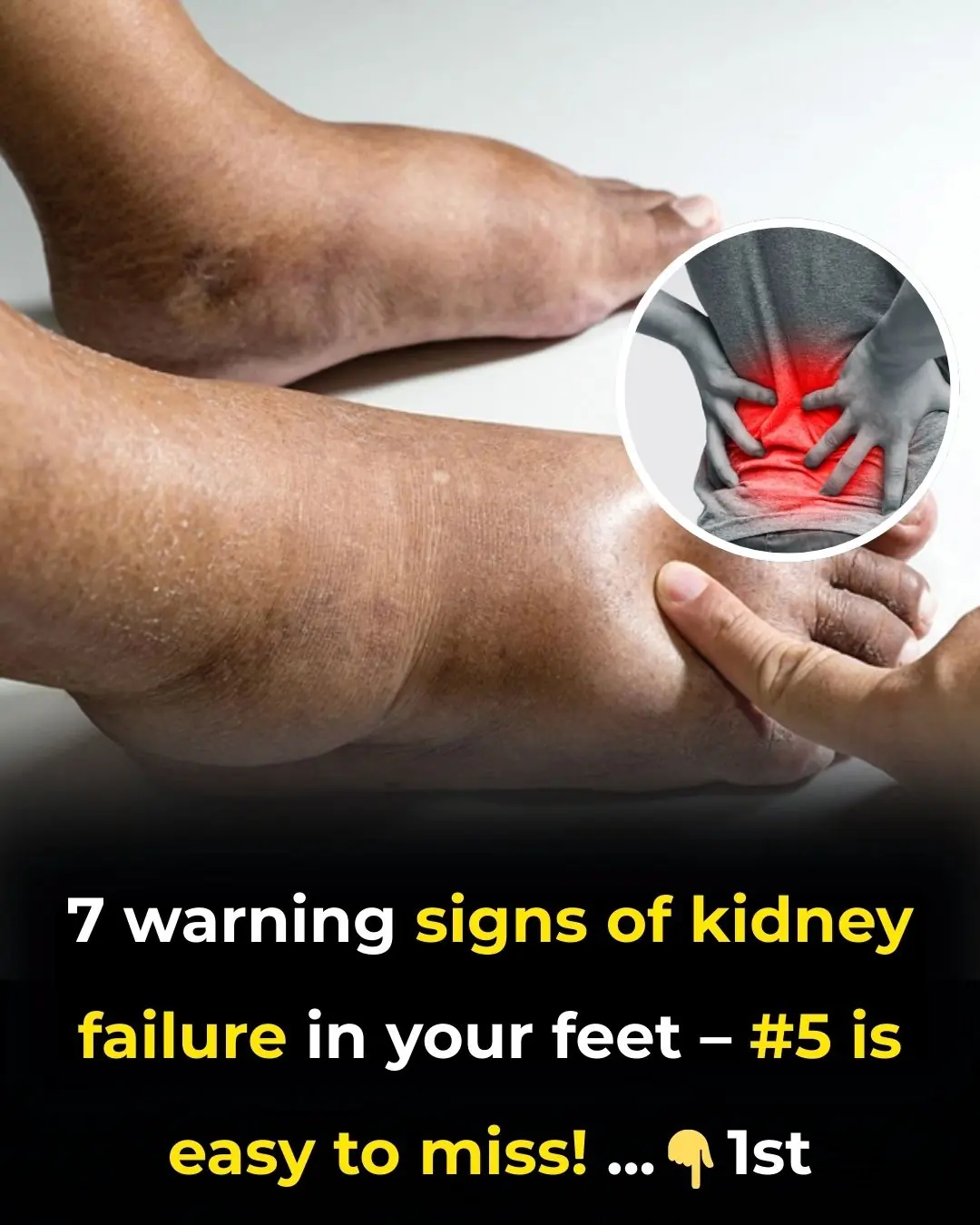
7 warning signs of kidney failure in your feet – #5 is easy to miss!
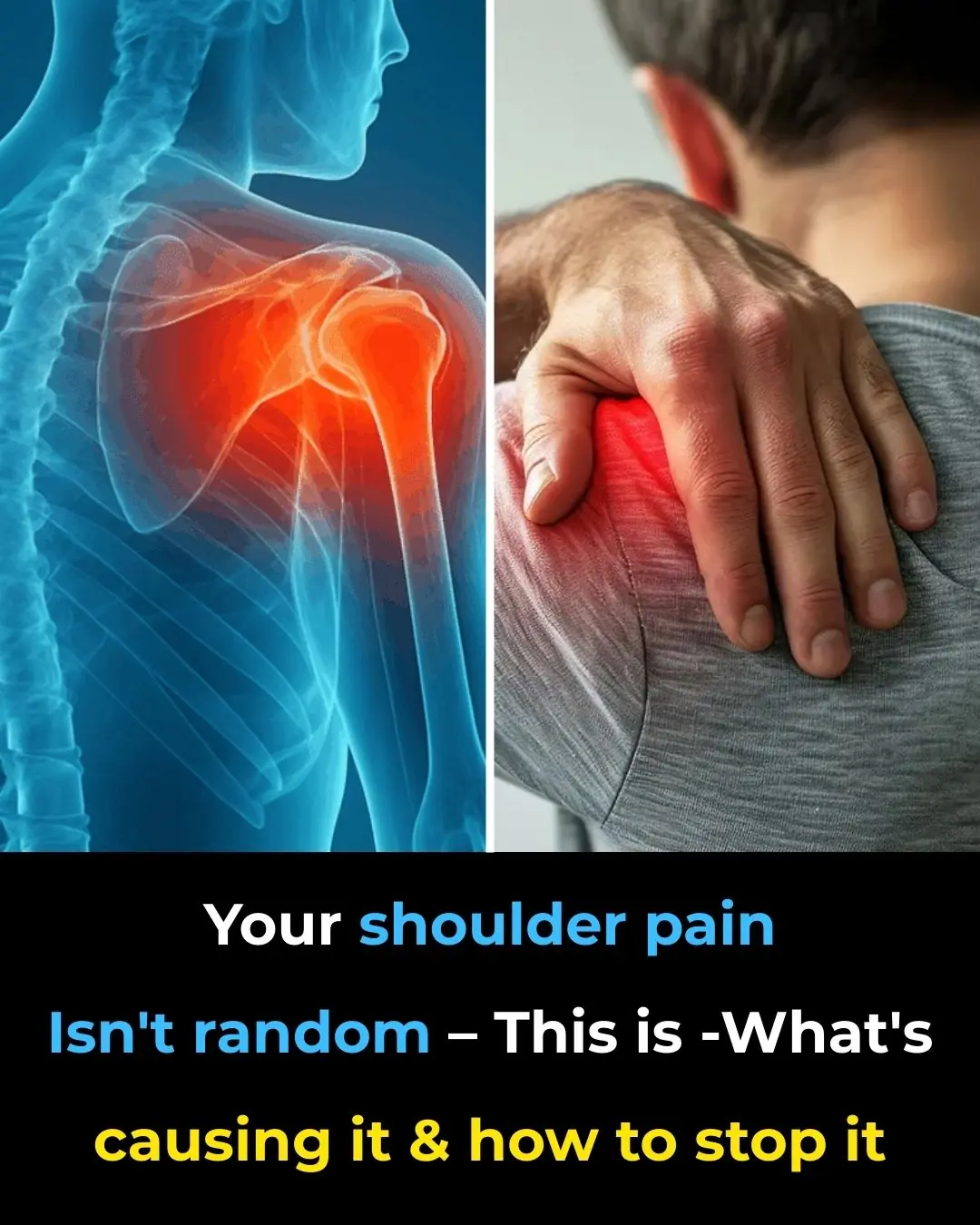
Shoulder Pain from Sleeping: Causes, Solutions and More

Teacher Shocked by Stage 4 Stomach Cancer Diagnosis After Mistaking Sore Throat for a Common Cold – 2 Kitchen "Culprits" Exposed
A sore throat may seem like nothing more than a seasonal annoyance, but sometimes it hides something far more dangerous. That was the devastating reality for a retired teacher in Taiwan who thought his discomfort was due to cold weather—until doctors re
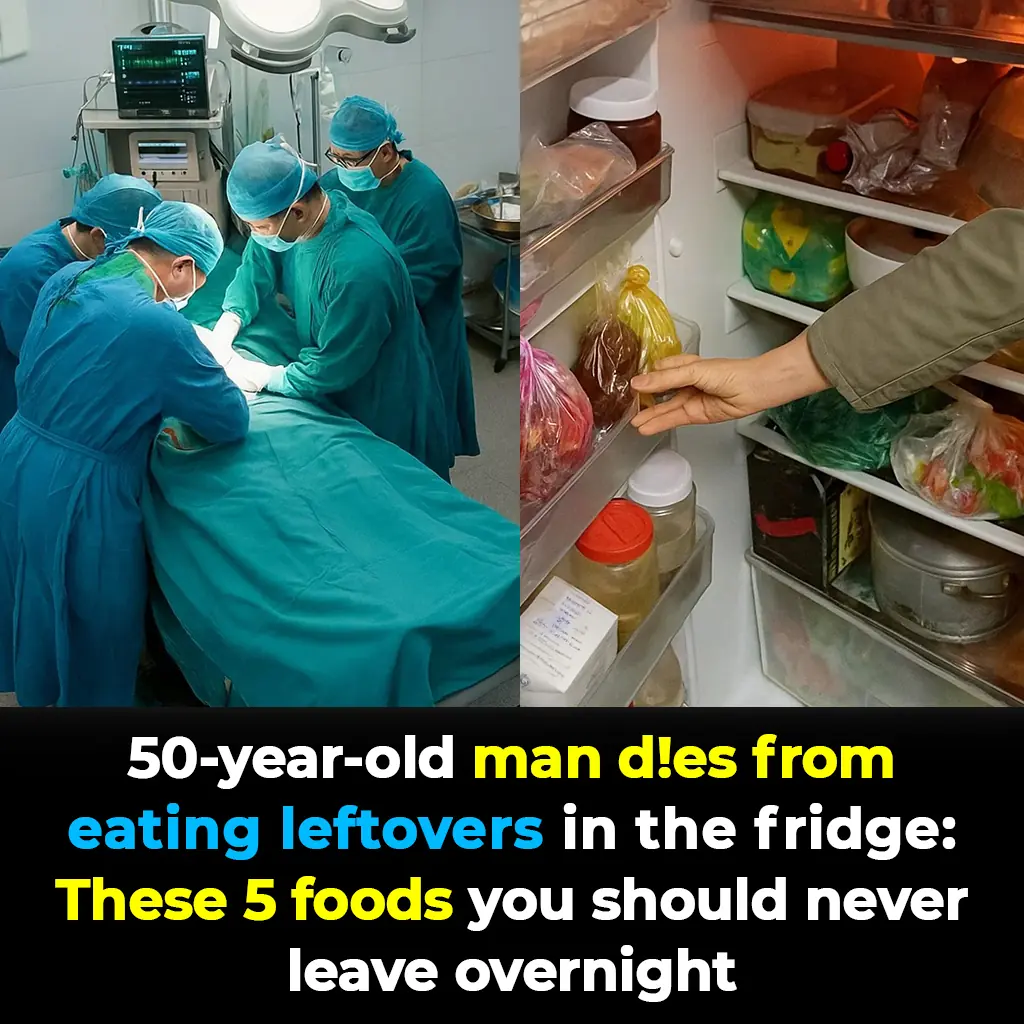
50-Year-Old Man Dies After Eating Leftovers: 5 Foods You Should Never Keep Overnight
Leftovers may seem harmless, but in some cases, they can turn into hidden health risks. A tragic case has recently drawn attention to how certain foods, when stored improperly or left too long, may lead to life-threatening consequences.

3 Morning Urine Signs That Could Signal Silent Kidney Trouble – Don’t Ignore Them
Protecting your kidneys is about more than preserving the urinary system—it is about safeguarding your energy, your heart, and your long-term health.
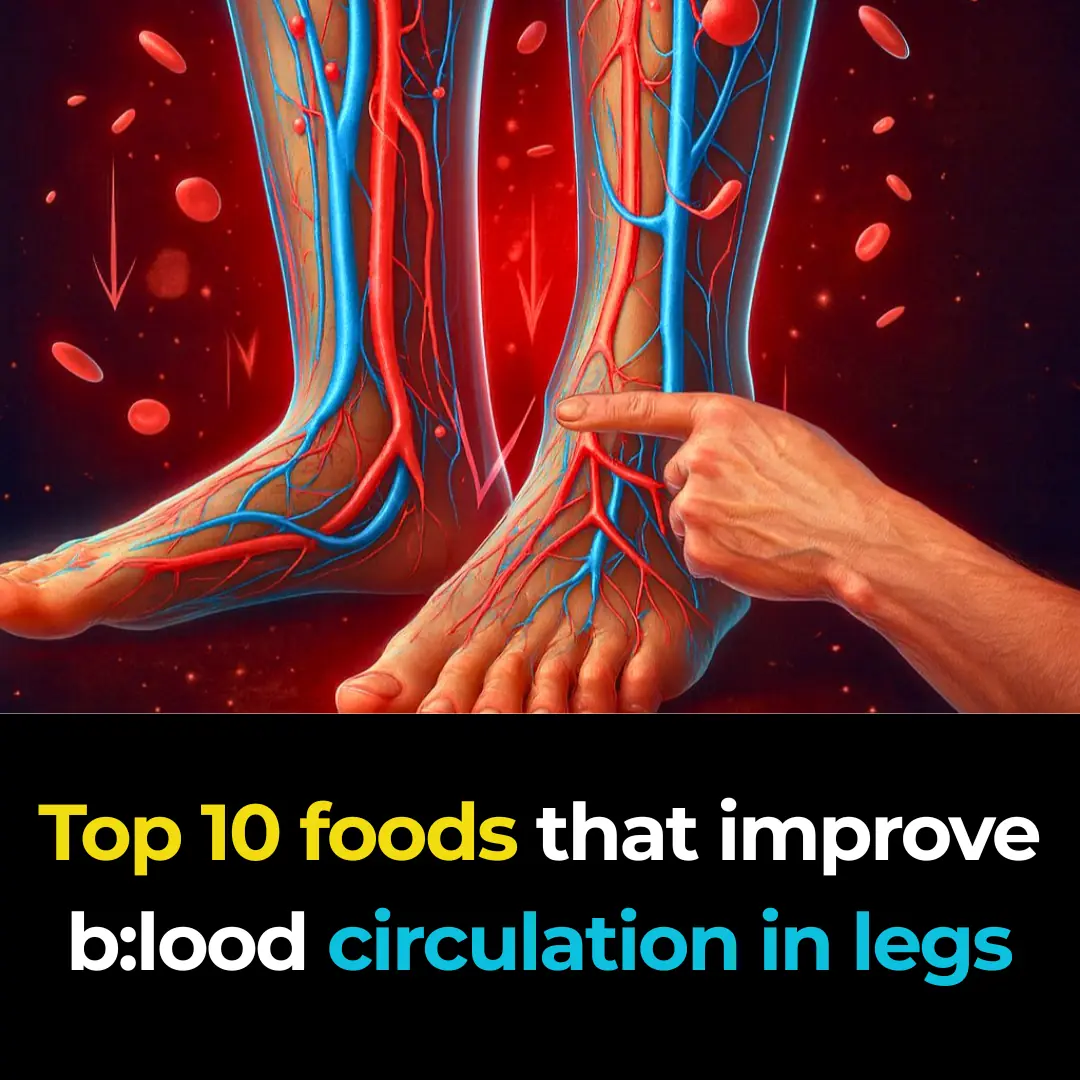
Top 10 foods that improve blo:od circulation in legs
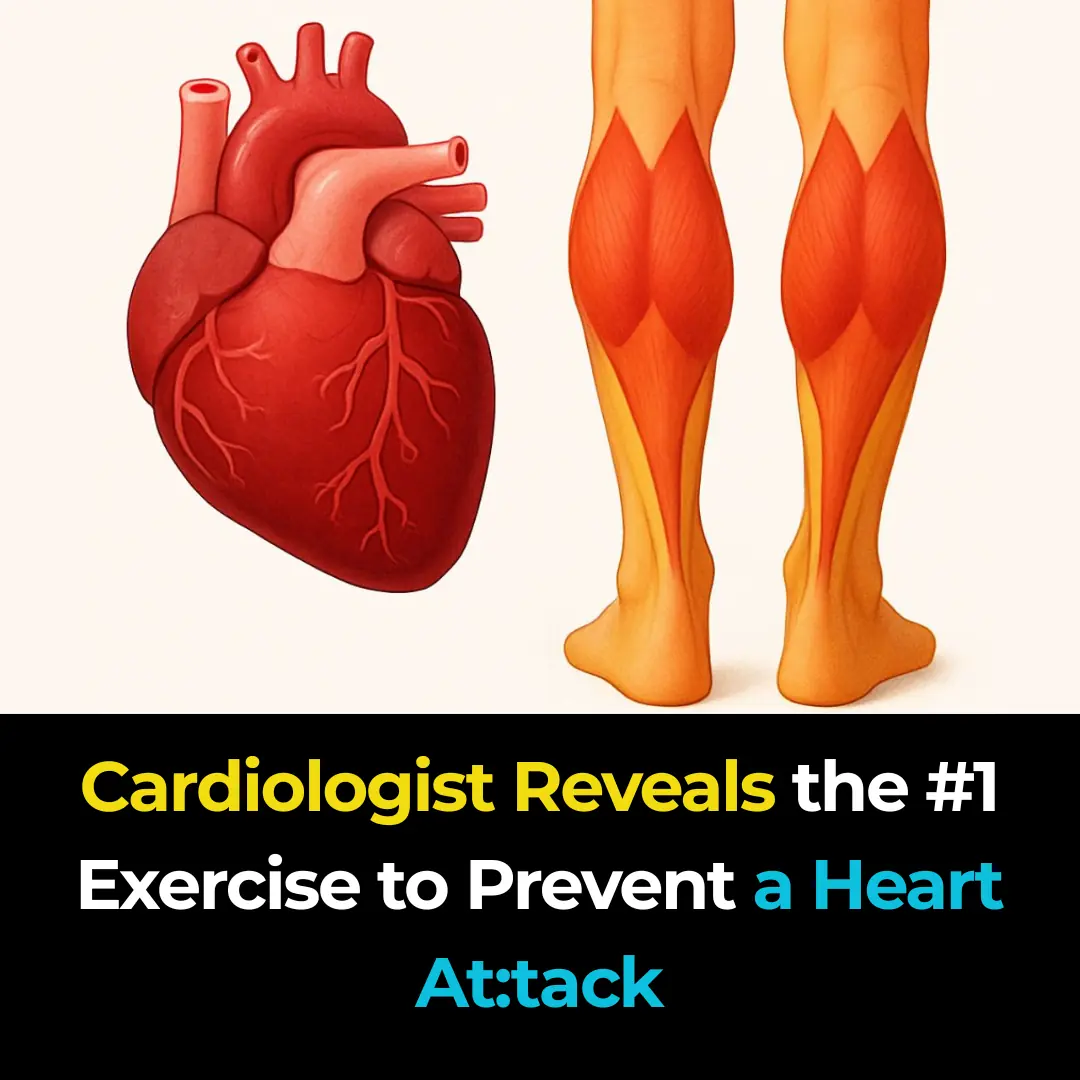
Cardiologist Reveals the #1 Exercise to Prevent a Heart Attack

Doctors prescribe LEVOTHYROXINE—but here’s what they don’t tell you

Claim: a juice regimen reportedly cleared can:cer cells in 42 days
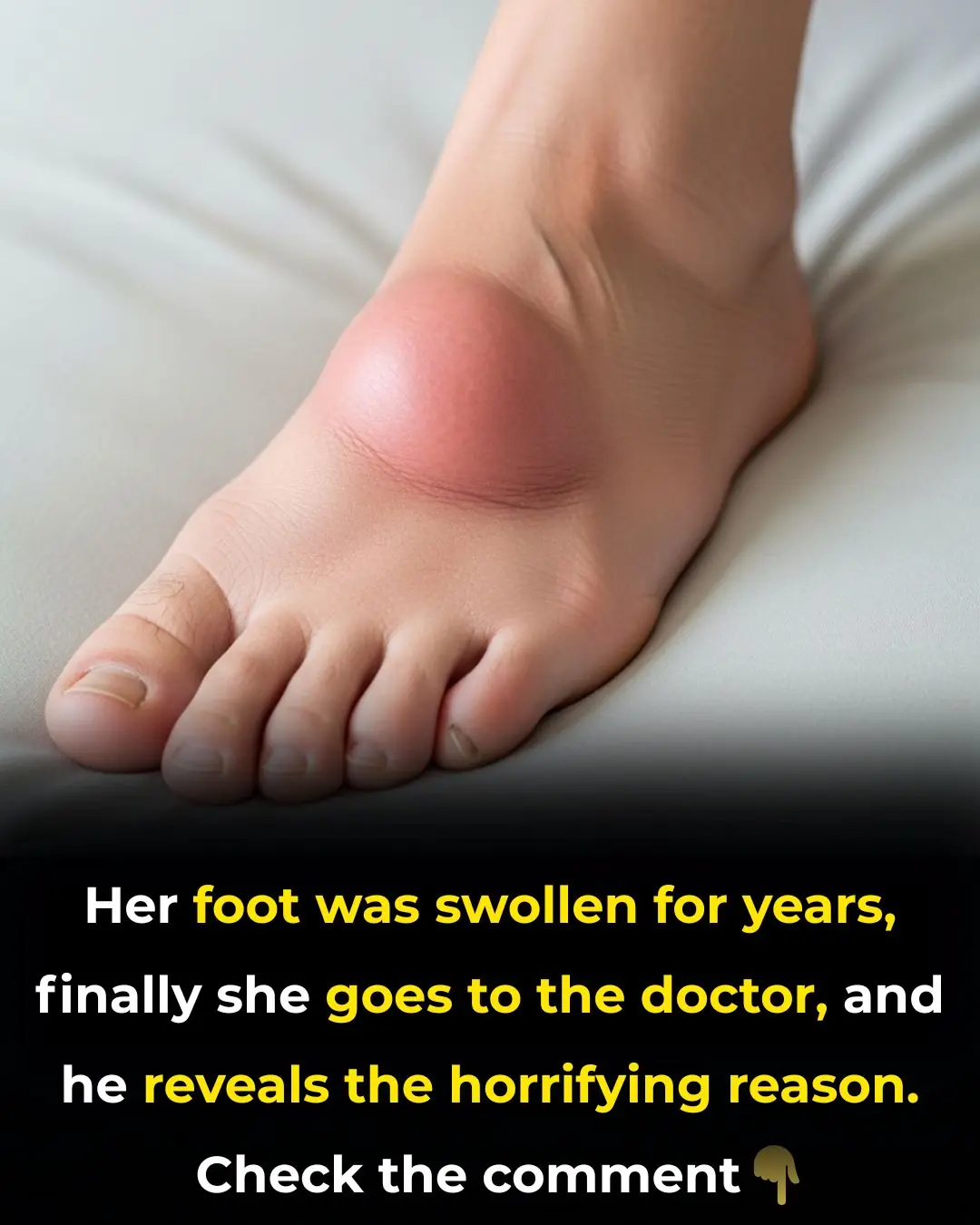
Woman Endures Years of Swollen Foot Before Doctor Reveals Shocking Cause
News Post

Heatwave of 41°C Causes Sudden Strokes in Healthy People: Doctors Warn of 7 Early Signs to Watch For

The Silent Disease That Easily Leads to Liver Cancer: Many People Have It but Remain Unaware

Is It Safe to Take a Cold Shower After Exercising in the Summer? What Doctors Say About Who Should Avoid It to Prevent Stroke

7 Things Not to Do Before Taking a Shower to Avoid Stroke – 2 Common Mistakes People Often Make

Bitter Taste In Your Mouth Discover Most Common Cause

The Impressive Health Benefits of Guava Fruit and Leaves

Molasses 101: Types, Proven Benefits, Uses, and More

5 home appliances that consume more electricity than air conditioners. If you don't unplug them at the end of the month, your bill will skyrocket

What is black vinegar? Nutritional value and uses of black vinegar

How to make fish mint juice that is not fishy, easy to drink, helps slim body, whiten skin

A plant with a distinctive aroma: Both a spice and a 'miracle drug' for health

Take 1 ice cube and drop it into the rice cooker: A great use that every family wants to follow.

How to make banana vinegar with just 4 simple ingredients, you will have a delicious finished product

Put an empty plastic bottle in the washing machine, I admit the person who came up with this trick has a "top notch" IQ

The wild vegetable that the poor used to eat turned out to be both cool and nutritious. Eat it once and remember it for life.

Drop essential oil on garlic: Hang it in the window or corner of the house for great benefits.

Crush a handful of betel leaves and use it as a mask: dry, dark, and patchy skin will become white, smooth, and supple like a baby's skin

My Mother-in-Law Stopped by With a Gift Before My Son’s Birthday — What Happened Next Left Me Shocked
